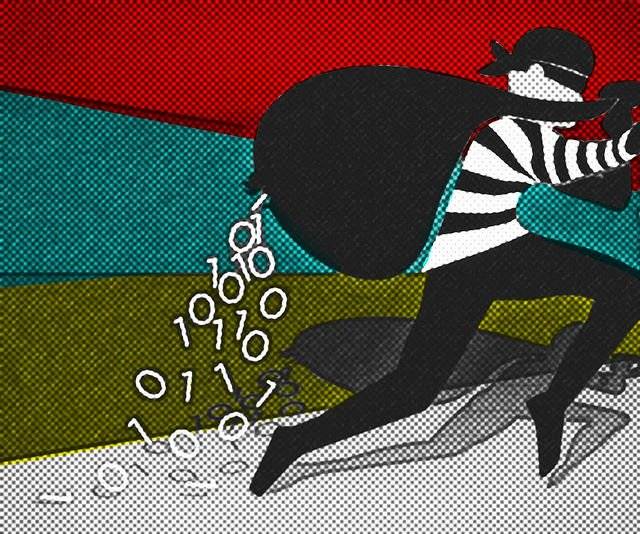Cybersquatting is no stranger to us, considering the increasing number of cybersquatting incidents that have come to light in the recent years. Cybersquatting is registering, using or selling of a domain name with the intention of benefiting from the name, popularity or goodwill of another’s business, trademark or brand. The Anti-Cybersquatting Consumer Protection Act (ACPA) has been established in the United States to protect the trademark owners from the unlawful actions of cybersquatters. The Act prohibits such practice as registering domain names that either create brand confusion or bear close resemblance to trademarked names with the intention of selling those domains to their rightful owners for profit. In addition to this, they also profit from those ads which are placed on sites and gain from misdirected trade which is illicit under law.
These days the term typo squatting is used if the registered domain name slightly varies from the original trademark. For the most part it denotes bad faith registration or use of a domain name set out to target a trade mark holder.
According to the report of Harvard Law School, “no cyber squatter has won a court case against an intellectual property holder” worldwide except one case. Dealing with, hot off the press the famous fashion brand ‘JIMMY CHOO’ has won a cybersquatting case out of the possession of a Chinese domain owner at the World Intellectual Property Organization (WIPO) Arbitration and Mediation Centre.
In connection thereto, Jimmy filed a Uniform Domain Name Dispute and Resolution (UDRP) complaint on 8th October 2012 against Panluzhong, a resident of China, who registered two domain names i.e. jimmy—choo.org and jimmychoooutletsale.org which were found to have been registered in bad faith. The luxury brand argued that the domain names jimmychooaustraliasale.com and jimmychoooutletonline.com are confusingly similar to the Jimmy Choo name in which it holds its trademark rights. Also claimed that the owner has no rights and legitimate interests in respect of the domain names and must have been registered in bad faith. Upon these accusations the owner did not provide any evidence to the contrary.
Dr. Colin Yee Cheng Ong in his decision said that “The panel finds that the complainant (Jimmy Choo) has made a prima facie case showing that the respondent has no rights or legitimate interests in the domain names which are confusingly similar to the complainant’s mark which is internationally renowned. Under these circumstances, the panel takes the view that the respondent has no rights and legitimate interests in the domain names.
On the closure, the panel presented that the respondent intended to trade on the complainant’s brand and reputation and this has been done in bad faith. On 13th December 2012, the panel ordered that the two domain names be transferred to Jimmy Choo.
Authored by Shivangi Gupta.



